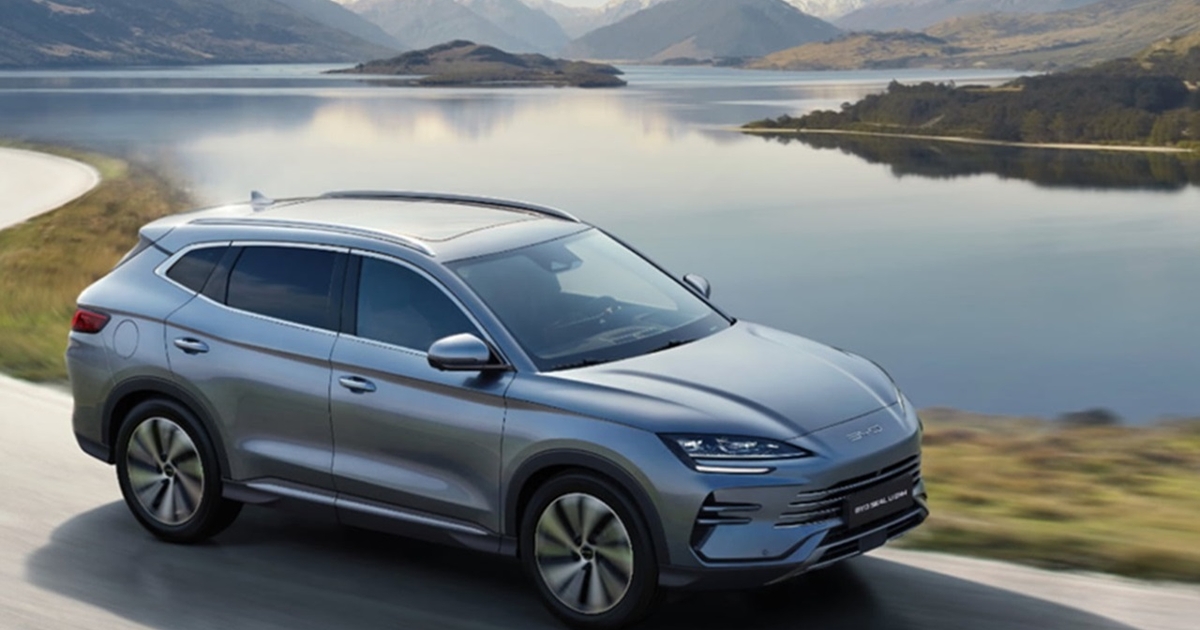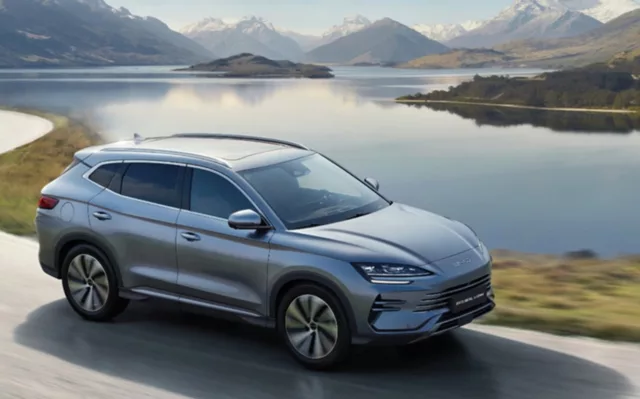
Data gathered on vehicles sold by powertrain in Europe shows Chinese automakers are selling more hybrids to escape tariffs imposed on their battery-electric vehicles.
Brands including BYD and Chery sold 3,269 and 757 plug-in hybrid powered vehicles, respectively, in European Union markets in March. That was up from virtually none at all since the economic bloc last summer introduced tariffs against automakers whose BEV products were judged to be unfairly subsidized by the Chinese state.
The data compiled by BEV research specialist Rho Motion suggests the switch to concentrate on hybrids is a clear move by Chinese brands to avoid EU tariffs of up to 45.3% on their BEVs, on top of the EU’s standard 10% import duty.
However, the move may be a temporary one as both the EU and China enter negotiations on relaxing some tariffs in the light of punishing tariffs on automobiles imposed by the U.S., which are hurting both the trading partners’ auto industries.
The increased focus on hybrids also reflects the slowing demand by European consumers for BEVs which already sees Stellantis joint venture partner Leapmotor offering a gas-generator extended-range electric vehicle powertrain option for its new C10 midsize SUV.
BYD says it will introduce two more PHEV models in Germany this year. The automaker’s BEV sales in the EU more than doubled to 4,633 from March 2024 but its PHEV sales now nearly match them from a standing start.
Meanwhile, Chery, the more recent Chinese entrant into EU markets, sold just 310 BEVs in March with its PHEVs more than doubling those sales.
“It was only a matter of time before manufacturers found a backdoor to the market,” Didi Bostock, membership editor for Rho Motion, tells Reuters. “And now they have, through hybrids.”









